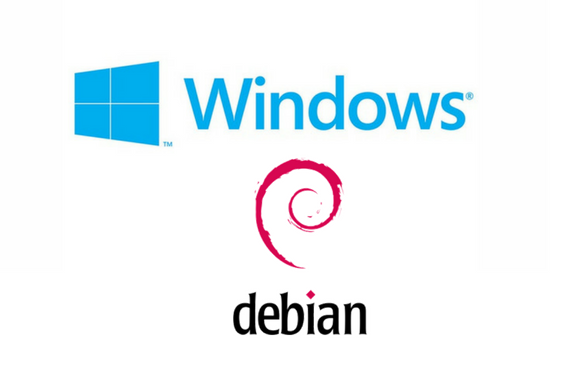Software PBX and your Operating System
The PBX industry has grown significantly in the last decade, with a number of companies offering an open source software PBX to be run on a mainstream operating system as part of a company’s IT infrastructure.
When deciding on which operating system to use when making the change to a software PBX, it is important for your decision to be guided by your current infrastructure, not by any perceived benefits or price differences. Majority of software PBX applications are open source, meaning that developers are free to add new functionalities to the PBX and make use of features in the operating systems themselves.
Windows or Linux?
As mentioned earlier:
Your decision to install your software PBX on Windows or Linux should be based on your current IT infrastructure.
Moving to a software PBX should not require you, or any of your IT staff, to learn any additional skills other than the generally straight-forward use of the PBX management console. When making use of the solutions you are already using, the software PBX becomes another server application that can be easily managed with the same tools, on the same servers that you are currently using.
Upgrades & Patching
Security is, and should be, one of the main considerations when setting up a software PBX and deciding on the infrastructure to be used.
Upgrades and patches for operating systems, and for software PBX systems, are rolled out regularly and generally include features and functionalities to improve productivity, as well as the important security updates.
Using the existing infrastructure is important for upgrades and patching too, as when using something familiar, it is less likely that upgrades and patches will be missed (in theory, at least).
Low Resource Usage
A majority of software PBX services use very little of the servers’ resources.
Because of this, if you are a smaller company, it is very much possible to run the PBX on the same server as your other applications, negating the need for additional hardware. Should you prefer to keep your PBX separate from the other applications on your server, you have the option of virtualising it, using Hyper V or VMware (3CX). There are a number of advantages to using a software PBX over a traditional one, and it should be implemented in such a way that there is no added stress or skills to your current IT staff. Should you require any further information, we recommend that you get in touch with a platinum 3CX partner.
